
News writer, Interviewer
Despite $3.3 billion in sales, the New Jersey Lottery faces a player revolt against impossible jackpots. Is this the future?
New Jersey Lottery players are getting smarter about their odds. The latest fiscal year data reveals a striking trend: while billion-dollar jackpot games crashed, local games with better winning chances surged.
The numbers tell the story. Powerball sales plummeted $202.3 million. Mega Millions dropped $69.56 million. Yet Jersey Cash 5 jumped 26.4 percent to $176.09 million. Cash Pop grew 10.1 percent to $67.5 million.
What changed? Maybe players got tired of chasing impossible dreams.
The jackpot fatigue phenomenon
Only one jackpot between Powerball and Mega Millions exceeded $1 billion in fiscal year 2025. Compare that to five billion-dollar jackpots in 2024. When jackpots stay smaller, players lose interest in games with astronomical odds.
The odds are intriguing. Your chances of winning Powerball? One in 292 million. Jersey Cash 5? One in 962,598. Players are doing the calculation.
"The games were won at lower prize amounts," the New Jersey Lottery reported. Translation: When jackpots don't reach fantasy levels, reality sets in.
Scratch-offs still dominate
Instant gratification wins. Scratch-offs generated $1.8 billion in sales, more than half the lottery's total revenue. Players want results now, not three days later. The appeal is obvious. Buy a ticket, scratch it, and know immediately if you won. No waiting for drawings. No checking numbers. Instant satisfaction or instant disappointment.
Pick-3 and Pick-4 games, despite declining sales, still pulled in $380 million and $226 million, respectively. These daily games have loyal followings who play the same numbers repeatedly.
Competition from sports betting
The lottery faces new rivals. Online sports betting and casinos are stealing players. Why wait for a lottery drawing when you can bet on tonight's game? The New Jersey Lottery admits it's "adjusting to an evolving gambling environment." That's corporate speak for "we're losing customers."
Sports betting offers something lottery games don't: skill perception. Players believe they can research teams, study statistics, and make informed bets. Lottery numbers are purely random.
What does this mean for players?
Are lottery players getting wiser? The data suggests yes. They're choosing games with better odds over impossible dreams. They're picking instant gratification over delayed results. Jersey Cash 5 players won 15 jackpots worth over $1 million. That's real money going to real people. Compare that to Powerball, where most players never win anything significant.
The shift makes financial sense. If you're going to gamble, why not improve your odds?
The economic impact
The lottery still contributes heavily to New Jersey's economy. Nearly $1 billion goes to the state pension fund. Over 6,500 businesses earn commissions from lottery sales. Retailers made $195.7 million in commissions and $2.1 million in bonuses. These are often small businesses that depend on lottery foot traffic.
However, the 7.9 percent overall sales decline raises questions. Can the lottery maintain its economic contribution if players continue abandoning jackpot games?
Looking ahead
The trend seems clear. Players want realistic chances to win, not billion-dollar fantasies. Local games with better odds are gaining ground. The New Jersey Lottery and its partner Northstar are "looking at innovative ways to attract players." They'll need them. The era of jackpot fever may be ending.
Smart players are doing the math. They're choosing games where winning is possible, not just dreaming about billion-dollar payouts.
Is this the future of lottery gaming? The numbers suggest it might be.
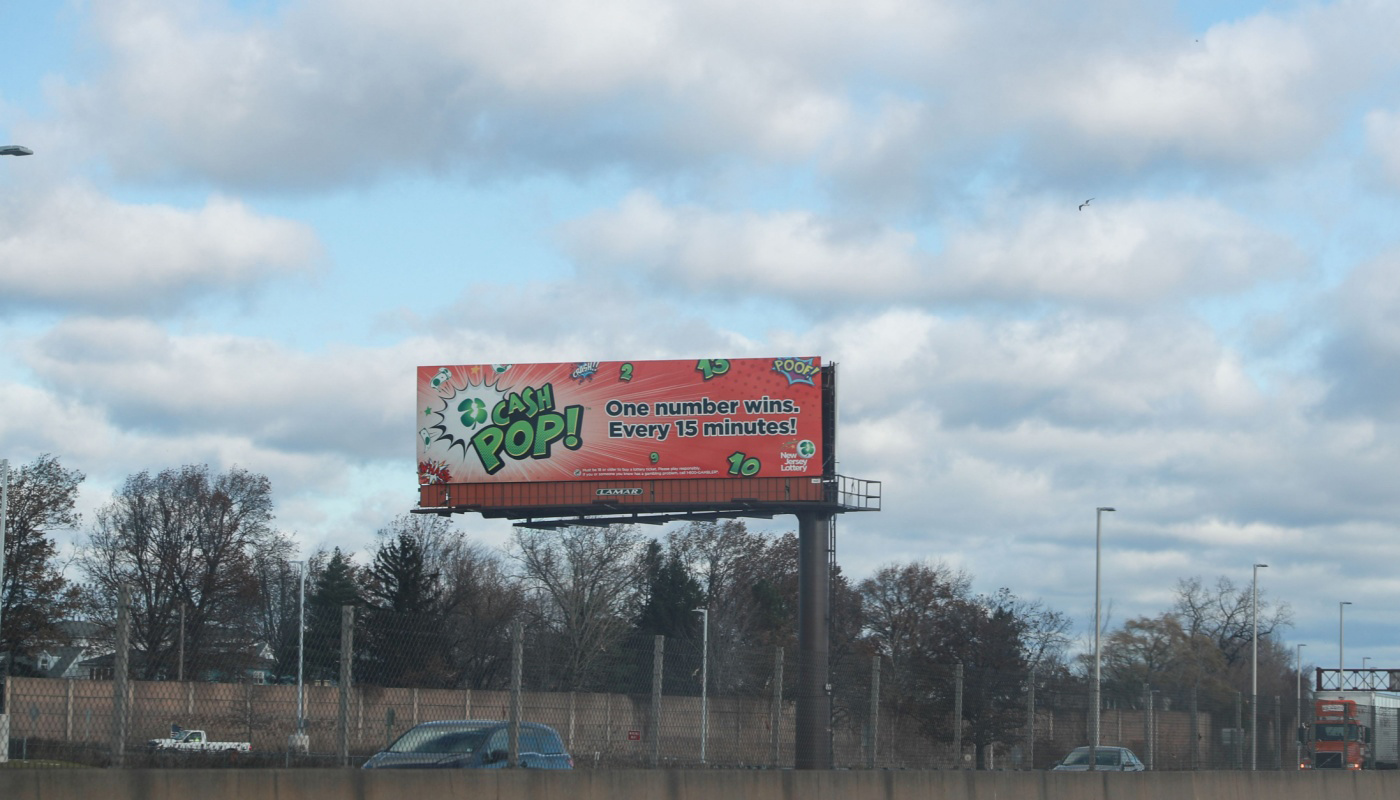

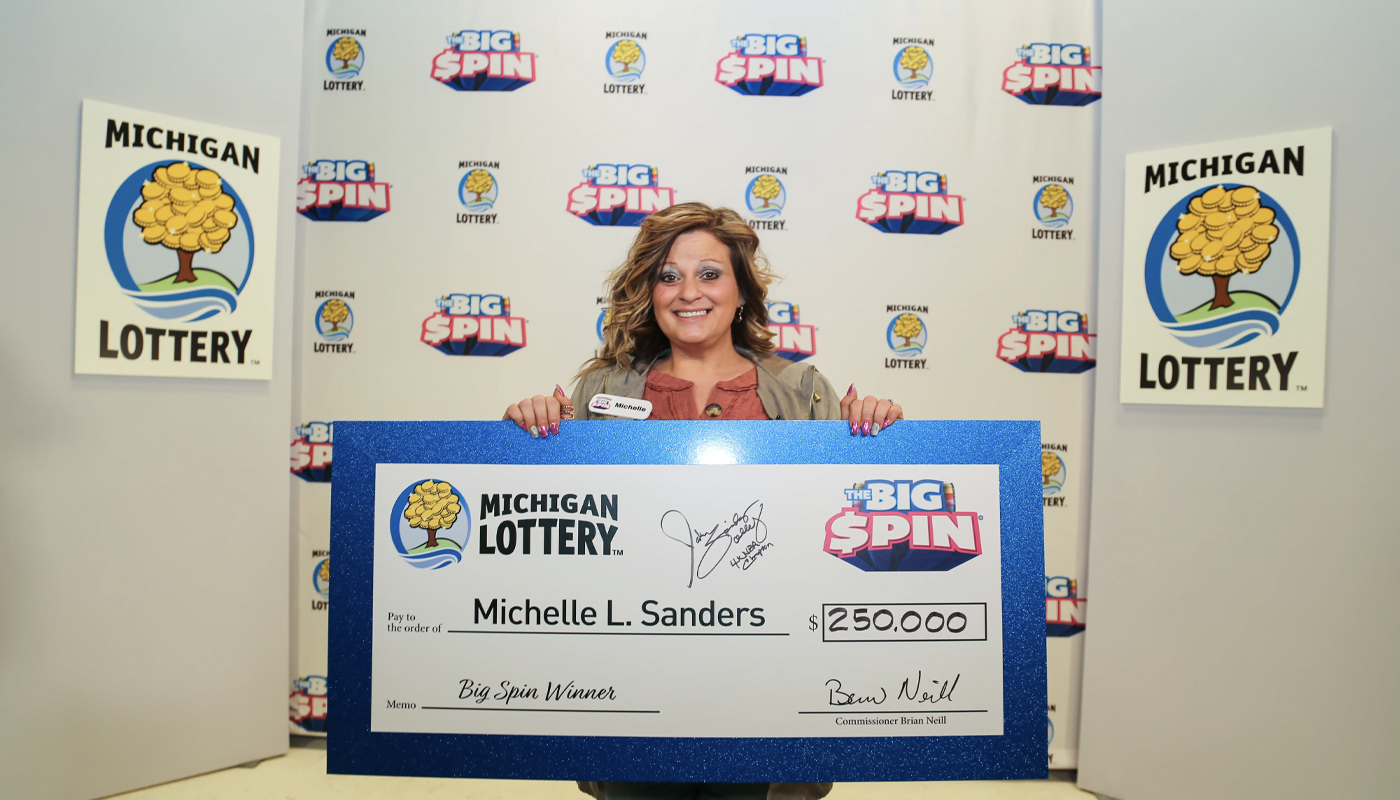



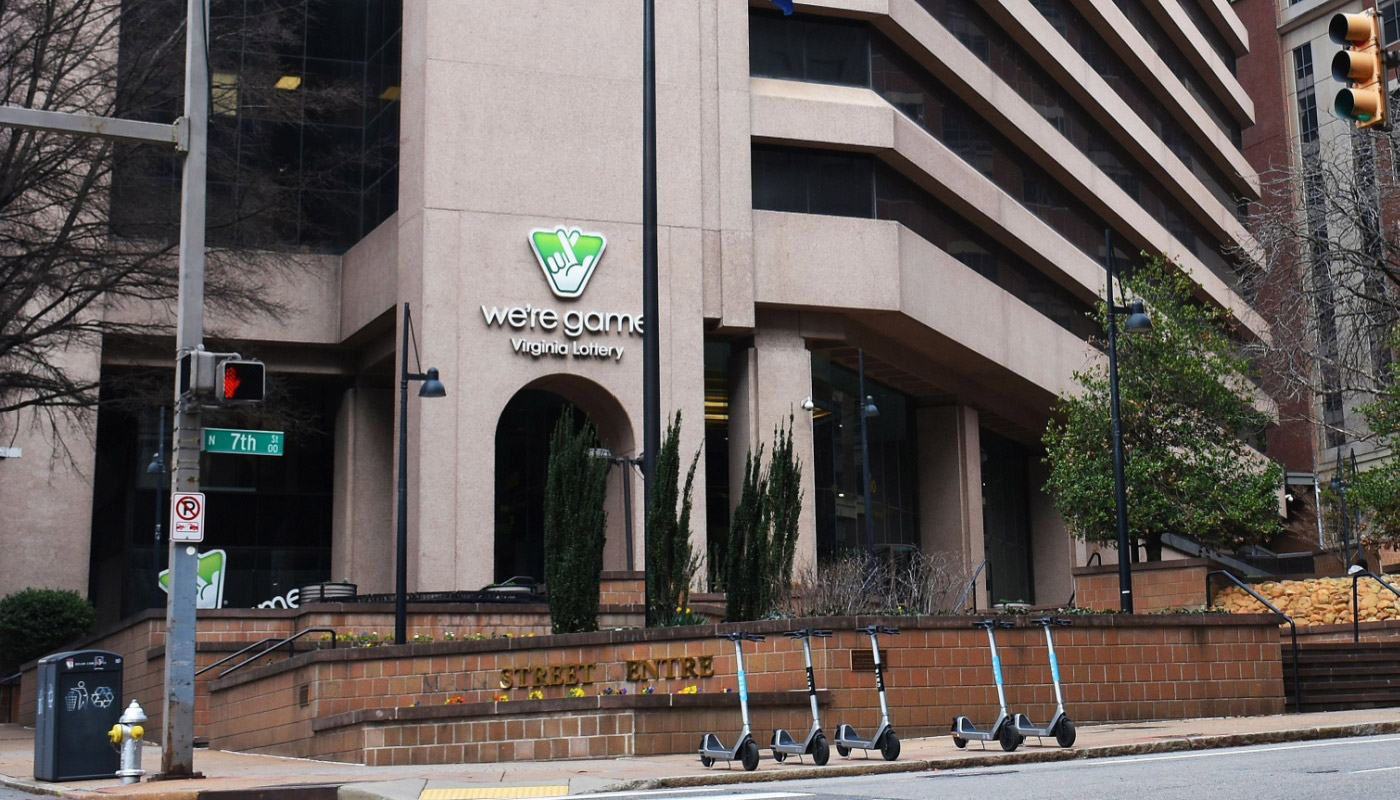

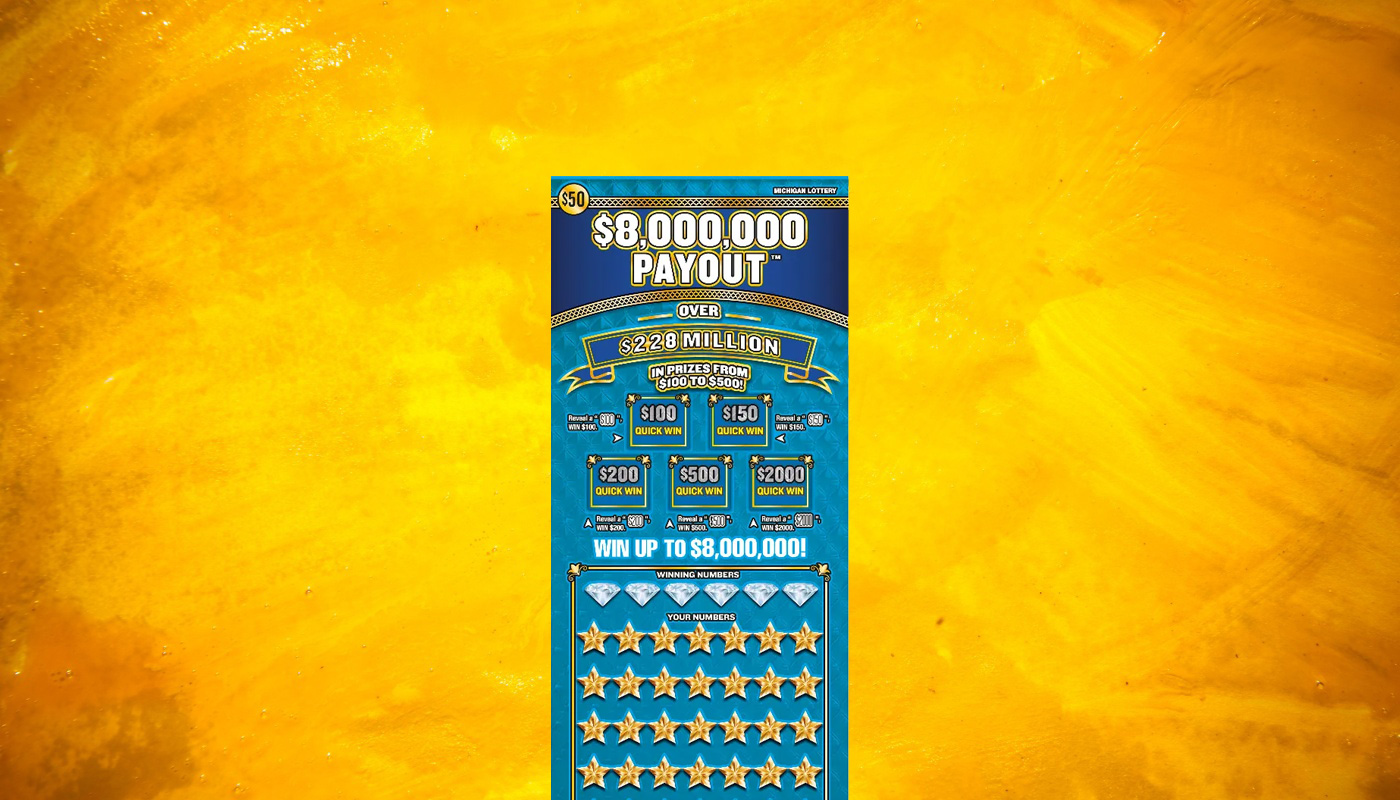
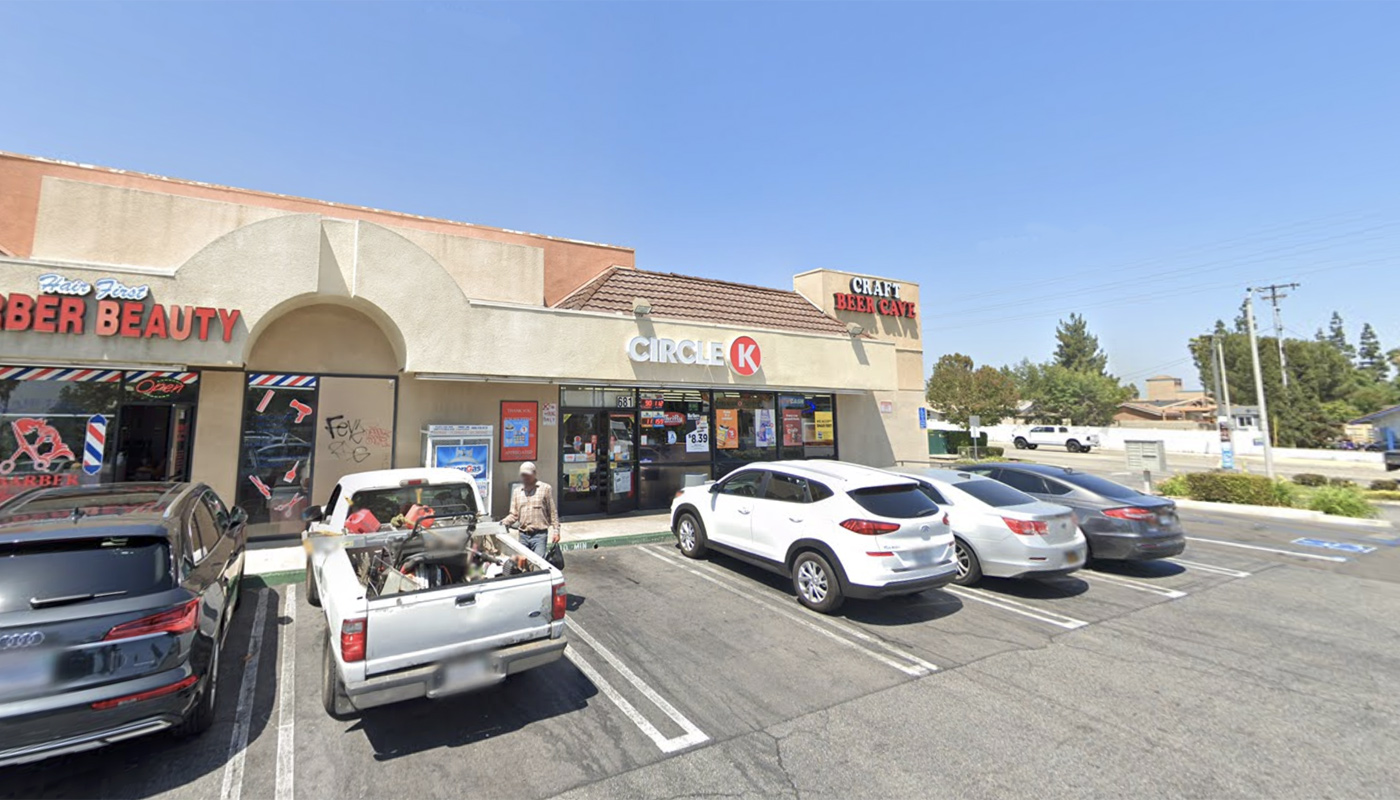









Comments